
 Podcasts
PodcastsCatch the latest PR news & updates with PRovoke Media's PR Podcasts. Lifting the lid on key industry stories & trends, join our listeners of PR podcasts today.
 Videos
VideosLatest video interviews and campaigns from PRovoke Media, previously known as the Holmes Report.
Long-form journalism that analyzes the issues, challenges and opportunities facing the business and practice of PR.
 Profiles & Interviews
Profiles & InterviewsExplore PR profiles and interviews with leaders from the marketing and PR worlds.
 Crisis Review
Crisis ReviewPR Crisis & Business Crisis review. PRovoke Media's annual analysis of the top reputation crises to rock the corporate sector. Read on here.
 Coronavirus
CoronavirusPRovoke Media's coverage of the Covid-19 crisis, focusing on corporate communication, public affairs & PR industry fallout.
 Trend Forecasts
Trend ForecastsPRovoke Media's PR Trends round up. PRovoke Media's annual forecast of PR trends and news that will impact the PR world in the year ahead...
 Social & Digital
Social & DigitalDedicated to exploring the new frontiers of PR as it dives deeper into social media, content and analytics.
 Technology
TechnologyOur coverage of key technology PR trends and challenges from around the world of digital communications.
 Consumer
ConsumerFrom brand marketing to conscious consumerism, coverage of key marketing and PR trends worldwide.
 Employee Engagement
Employee EngagementPRovoke Media's coverage, analysis and news around the rapidly-shifting area of employee engagement and internal communications.
 Sports Marketing
Sports Marketing Sports PR news, diversity & inclusion trends, views and analysis from PRovoke Media. Subscribe today for the very latest in the world of sports communications.
 Global PR Agency Rankings
Global PR Agency RankingsPRovoke Media's definitive global benchmark of global PR agency size and growth.
Enter PRovoke Media's 2024 Global 250 Agency Ranking and/or our Agencies of the Year competitions now.
 Agencies of the Year
Agencies of the YearPRovoke Media's annual selections for PR Agencies of the Year, across all of the world's major markets.
 Innovator 25
Innovator 25PRovoke Media profiles marcomms innovators from across North America, EMEA and Asia-Pac.
 Creativity in PR
Creativity in PRIn-depth annual research into the PR industry's efforts to raise creative standards.
 Asia-Pacific Communication Index
Asia-Pacific Communication IndexAPACD/Ruder Finn annual study of Asia-Pacific in-house communications professionals.
 SABRE Awards
SABRE AwardsThe world's biggest PR awards programme, dedicated to benchmarking the best PR work from across the globe.
 PRovokeSummit Global
PRovokeSummit GlobalThe biggest PR conference of the year, a high-level forum designed to address the critical issues that matter most.
 PRovoke Media Regional Series
PRovoke Media Regional SeriesA global network of conferences that explore the innovation and disruption that is redefining public relations.
 Agencies of the Year
Agencies of the YearUnrivalled insight into the world's best PR agencies, across specialist and geographic categories.
 Roundtables
RoundtablesOur Roundtables bring together in-house comms leaders with PR firms to examine the future of communications.
 Agency Playbook
Agency PlaybookThe PR industry’s most comprehensive listing of firms from every region and specialty
.jpg) All Jobs
All JobsFind the latest global PR and communications jobs from PRovoke Media. From internships to account executives or directors. See all our PR jobs here.
PRovoke Media's editorial series published in collaboration with partners.
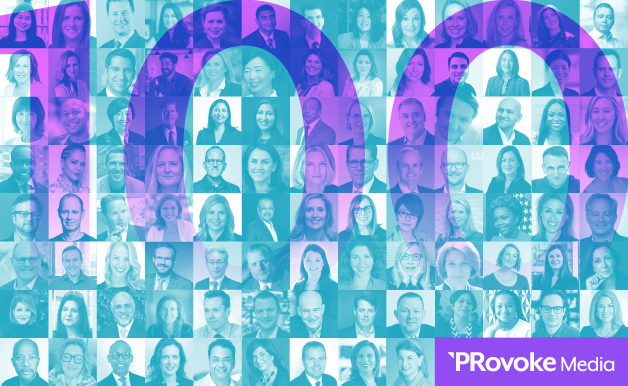
There was a short list of nominees for best communicator among world leaders this year, and really no question who would come out on head and shoulders among anyone else: Ukraine’s president Volodymyr Zelenkskyy, who has rapidly achieved the status of hero in leadership and communications terms in his handling of Russian’s invasion.
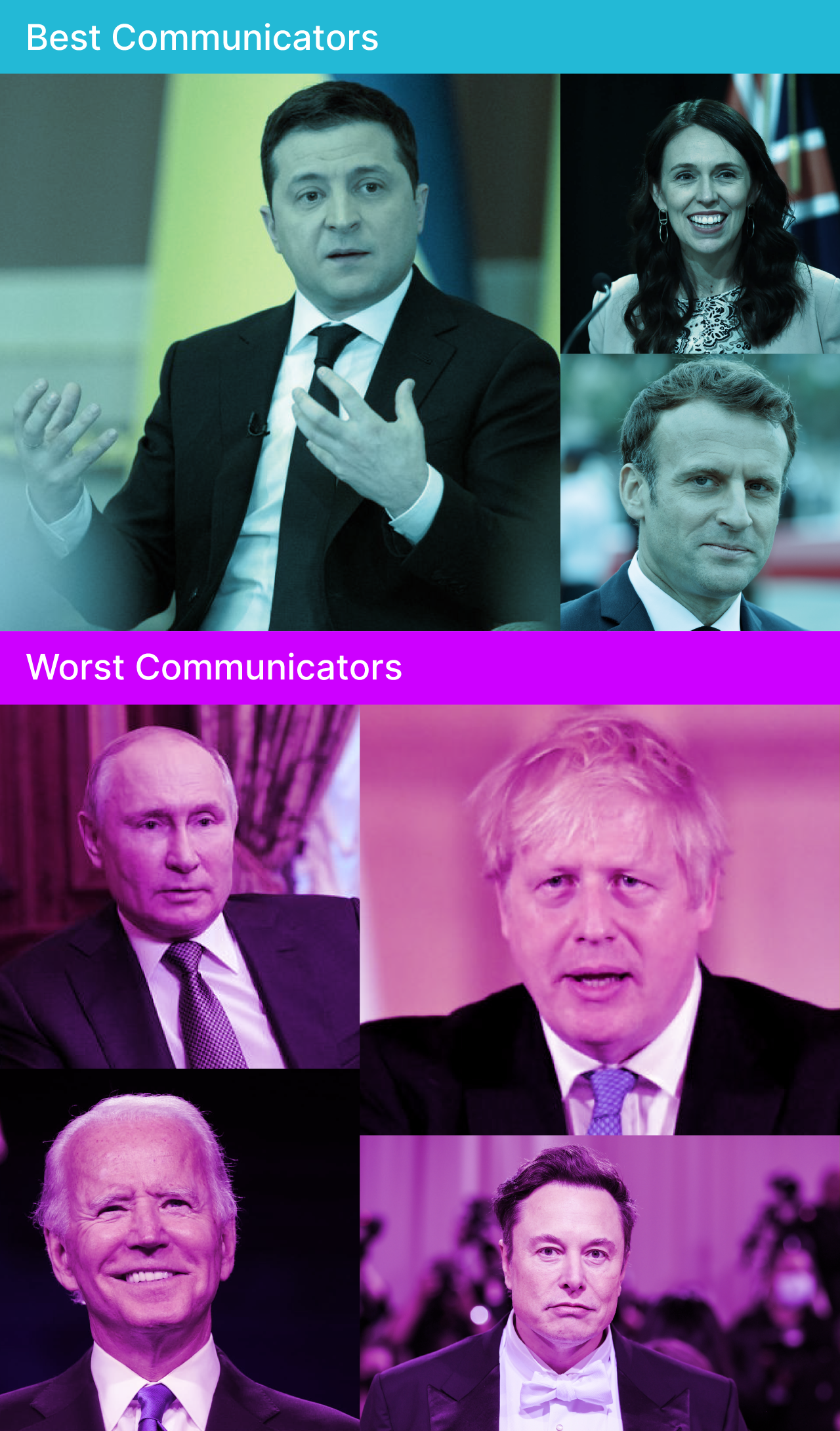
Zelenkskyy knocked New Zealand’s prime minister Jacinda Ardern – the only female leader mentioned on either list – off the top spot after three years running, although she was clearly in second place. The only other leader who received multiple mentions was Emmanuel Macron, who returned to being one of the most feted leaders in 2020’s Influence 100, after having multiple mentions on the worst communicator list last year thanks to mixed pandemic messaging. Canada’s Justin Trudeau was also nominated for best communicator among global leaders.
After being in second place on the best communicator list last year, the relief of US president Joe Biden’s low-key contrast to Donald Trump’s chaotic communications style clearly lost its novelty pretty quickly: Biden has slipped from second place in the best communicator list of world leaders, into the top four voted as worst communicators.
On the list of the worst communicators among the world’s leaders, and with last year’s runaway ‘winner’ Donald Trump out of the picture, UK prime minister Boris Johnson stole the show: no surprise given the continuing revelations around how his cronies partied at No.10 while the rest of the country was in pandemic lockdown and unable to see elderly or dying relatives.
Joint second place in the worst global communicator nominations went to Vladimir Putin – who, interestingly, was mentioned multiple times on the worst communicator list but also got a handful of nominations for best communicator – and the only business leader on the list this year, Elon Musk.
Germany’s Angela Merkel, a regular on the best communicator list for several years, didn’t get a single mention this year. Indian prime minister Narendra Modi was nominated for both best and worst communicator, while Brazilian president Jair Bolsinaro also appeared on the worst communicator list again for another year, as did China’s leader, Xi Jingpeng.
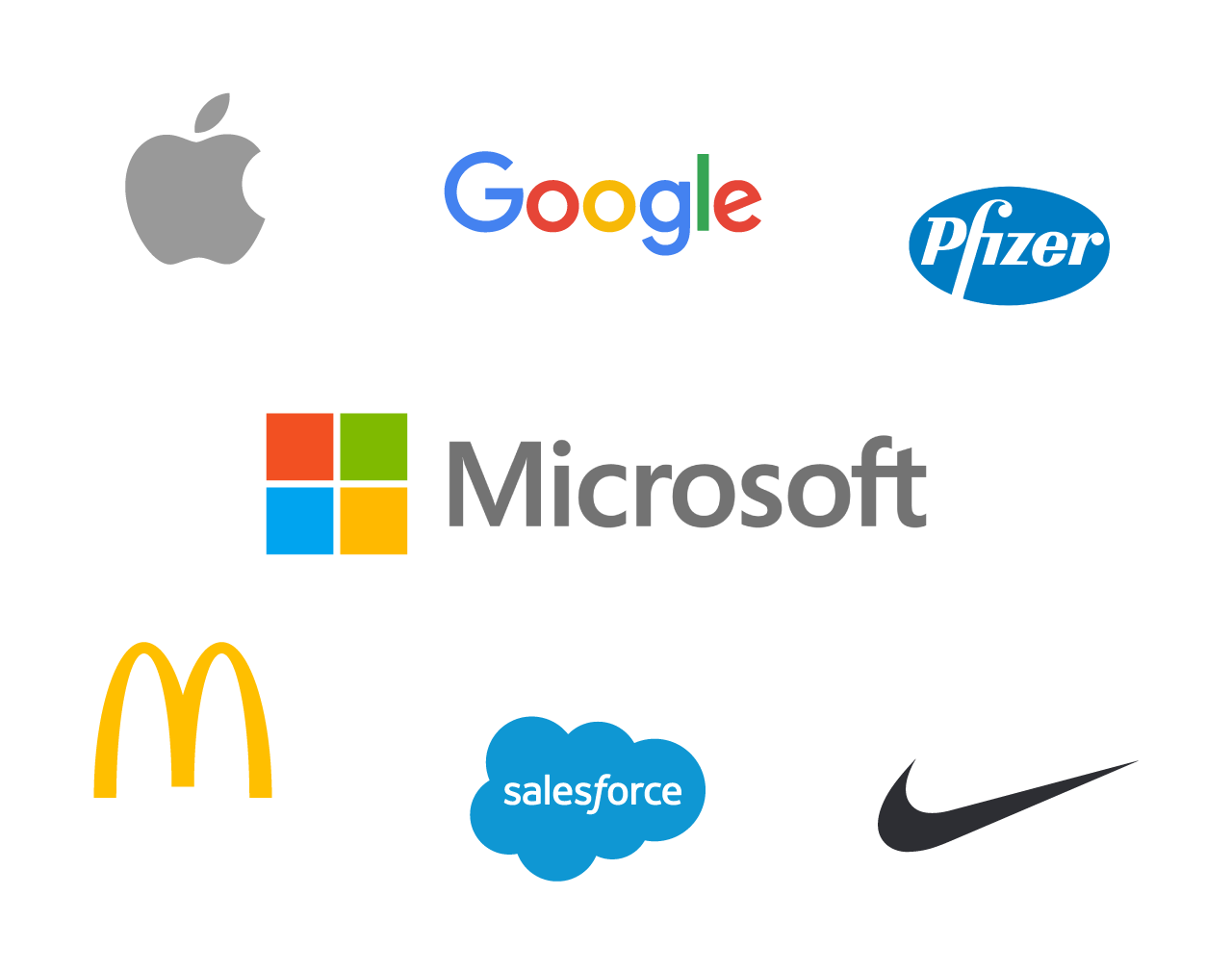
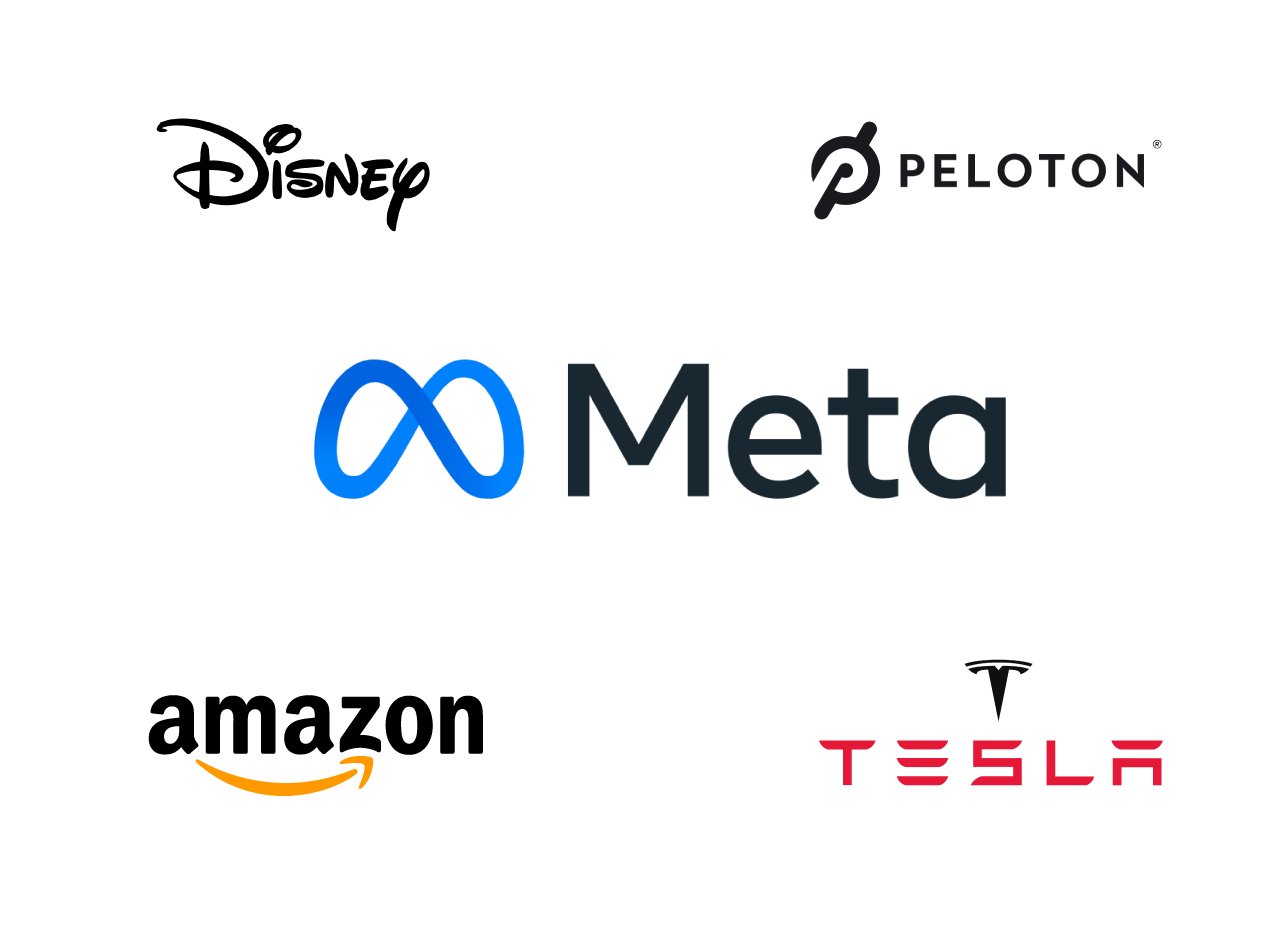
We asked our influencers to name the companies they think have best managed their brand communications and corporate reputation over the past year. One name was head and shoulders above the rest: Microsoft. Joint second place went to Google and Apple, while Pfizer, which was overwhelmingly voted as the leading company in terms of reputation management last year, after its successful handling of the Covid vaccine introduction, was again on the list this year but with many fewer nominations: it came in on a par with McDonald’s and Nike (both perennial names on the list) and Salesforce.
There were also positive namechecks for Twitter, Amazon, Mastercard, Patagonia, Tata Group, Ben & Jerry’s, Trader Joe’s, Walgreens, Lululemon, Airbnb, and L’Oreal.
We also asked which company has managed its reputation least effectively over the past year and the result was again unequivocal: sadly but rather predictably for Meta/Facebook, for the fourth year running around half of those who responded named the social media network.
Disney, which was nominated for best reputation management last year, was one of the most-named companies in the worst list this year, thanks to the tone-deaf handling of Florida’s ‘don’t say gay’ bill, which also led to the exit of new CCO Geoff Morell this spring just a couple of months after he arrived.
The British Royal Family, after another year of controversy, featured in both the best and worst lists, along with Tesla, which received one mention on the best reputation management list this year but was one of the most-nominated on the worst list, tallying with the negative assessment of CEO Elon Musk on the list of worst global leadership communicators.
Other mentions on the worst reputation management list included Nestlé, Shell, Vedanta, P&O Ferries, Uber, Starbucks, Boeing and Heineken.
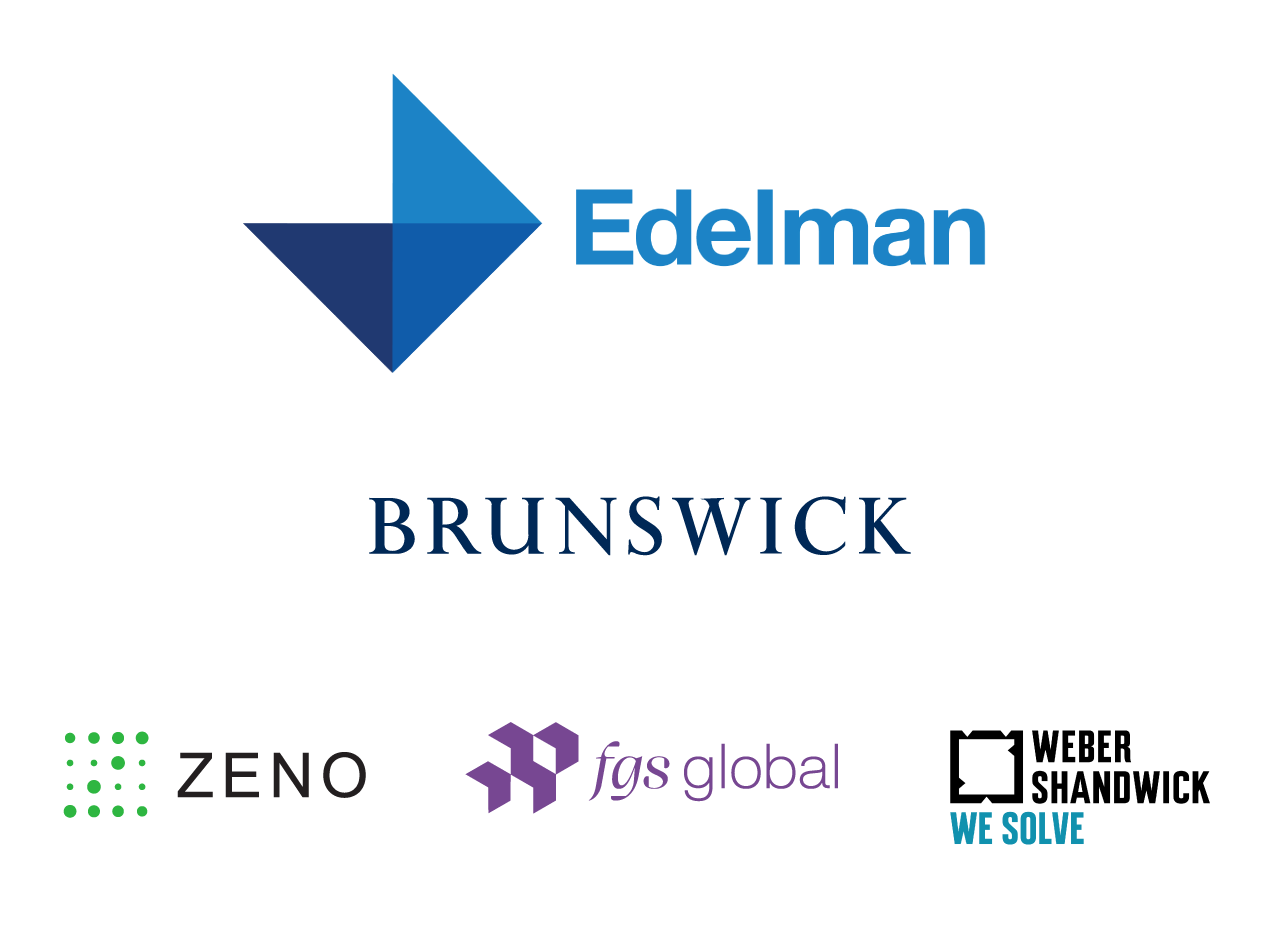
Edelman was in unequivocal top spot for the third year running; it was temporarily knocked off by Weber Shandwick in 2019 after a six-year straight run of being the most frequently-cited public relations agency when our Influence 100 were asked which firm they most admired. Coming in second place was Brunswick, which regularly shows up in the top five mentioned, but this year there was clear water between the strategic communications firm and other agencies.
The only other agencies to get multiple mentions were Zeno, FGS Global (formed by the merger of Finsbury Glover Hering and Sard Verbinnen) and Weber Shandwick, which just scraped into fifth place this year.
There were also namechecks for other agencies of all sizes around the world, from networks to specialists, including: Teneo; FleishmanHillard; Adfactors in India; Farner in Germany; Headland, Freuds, Red Consultancy and Tancredi Groupin the UK; healthcare specialist Real Chemistry; Peppercomm, Harbour Group and Wilder Public Relations in the US; Comin & Partners in Italy; MSport in South Africa; luxury and lifestyle specialist Purple PR; and Hallvarsson + Halvarsson in Sweden.
This year, for the second time, as well as asking our Influence 100 which agencies they admire, we asked them to think about the future of agencies, and the biggest challenges and need for change they see for PR agencies, from their in-house perspective.
There is much insight for agencies here as to what their clients are expecting from them now and in the future: many of the – often frank – responses focused on data, ESG, content creation, business knowledge and employee engagement.


Intelligence and insight from across the PR world.
About PRovoke Media Contact Us Privacy & Cookie PolicyWe feel that the views of the reader are as important as the views of the writer. Please contact us at [email protected]
Signup For Our Newsletter Media Kits/Editorial Calendar Jobs Postings A-Z News Sitemap© Holmes Report LLC 2024